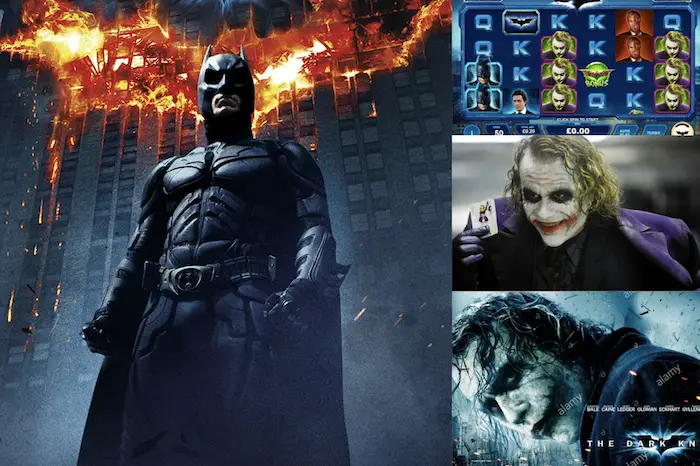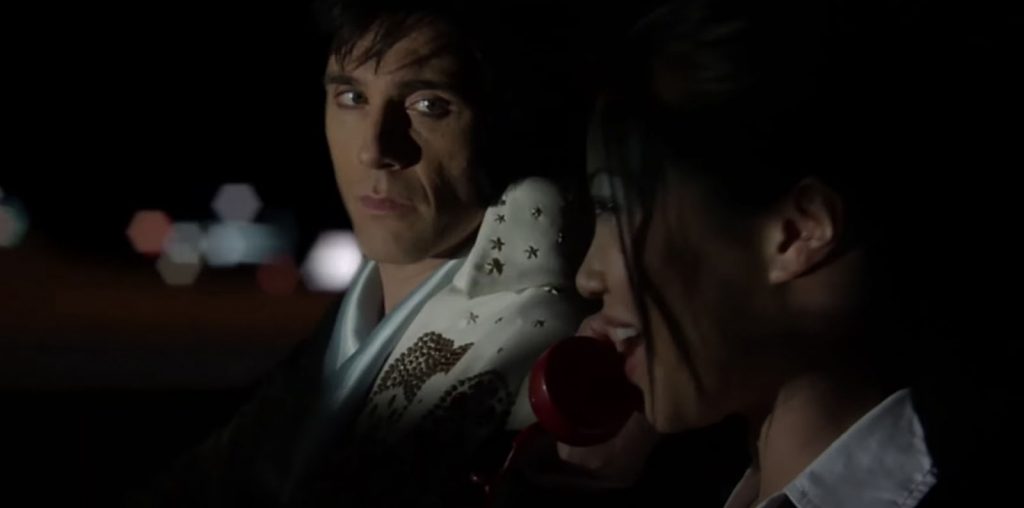
My knowledge of Japanese Ghost cinema is relatively limited. It mostly consists of films about killer cell phones and creepy little girls, which were instantly remade in America starring blonde leads. But I assume “Empire of Passion” is regarded with veneration or else they wouldn’t have bothered to release a Criterion DVD. So are all the Japanese classics this insane? Or is it just the ghost stories?
“Empire of Passion” is a cautionary tale about what happens when you fall in love with your rapist. Seki is a lonely housewife living in the 19th-century Japanese countryside. She is mother to two children and wife to Gisaburo, the town rickshaw driver. Seki passes the time by eating pastries with a younger man named Toyoji. One day, Toyoji finds Seki napping with her young son, and decides that because he can see down her kimono, she’s asking for it. Cue the first of many, many rape scenes!
After a while, Seki starts to fall for her overbearing rapist boyfriend (maybe it’s the moustache) and he convinces her that the key to their happiness is killing her husband. They concoct a very convincing story about how he’s just gone to Tokyo to work. People buy it for a while, and aren’t even upset that the only rickshaw driver in town has moved away. Unfortunately for our wholesome couple, Gisaburo’s ghost turns up three years later to haunt, well, everyone. He shows up in dreams, he shows up in Seki’s living room and he taunts Toyoji. It’s not so much the guilt as it is the idea of getting caught that eventually leads to Seki and Toyoji’s undoing. It plays out like a fairy tale but instead of a prince and princess, we have a rapist and a wet blanket as leads.
Not that “Empire of Passion” isn’t entertaining. It’s a messed up country love story with Hitchcockian flair, Shakespeare morality, and a Lynchian mentally challenged character thrown in for good measure. I was riveted throughout. It’s just not the most accessible of worlds. Seki is a pathetic sack who is constantly sobbing. She cries when she’s raped and she cries when she’s not being raped enough. She isn’t the slightest bit cool when the town policeman comes to question her. She’s a terrible mother and not just because she helped murder her baby daddy. Her daughter tells her she’s running away from home because her dad’s ghost shared some interesting information with her. Seki’s response is all “OK! See you! [SOB!!]”
Toyoji is evil enough to rape and kill, but not diabolical enough to even try to get away with it. I don’t have a lot of experience hiding bodies, but I do know one thing. You probably shouldn’t make daily visits to the well in which you’ve stashed said body and fill it with leaves. It might draw just the tiniest bit of attention to the grave.
The last third of the movie is mostly Gisaburo’s ghost silently haunting his murderers and Toyoji and Seki taking turns freaking out about whether or not he’s ratted them out. Visually, it’s interesting, but because Toyoji and Seki are so unsympathetic, it gets a little tedious. Frankly, I was left wishing for a few more rape scenes.
The DVD features a beautiful restored, HD digital transfer full of rich colors as well as interviews with the actors, production staff and a video essay explaining why this murder/rapefest is an important film.

